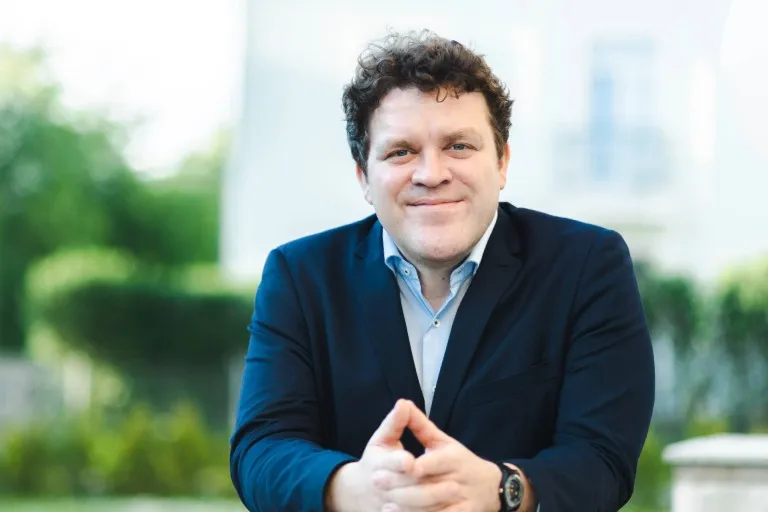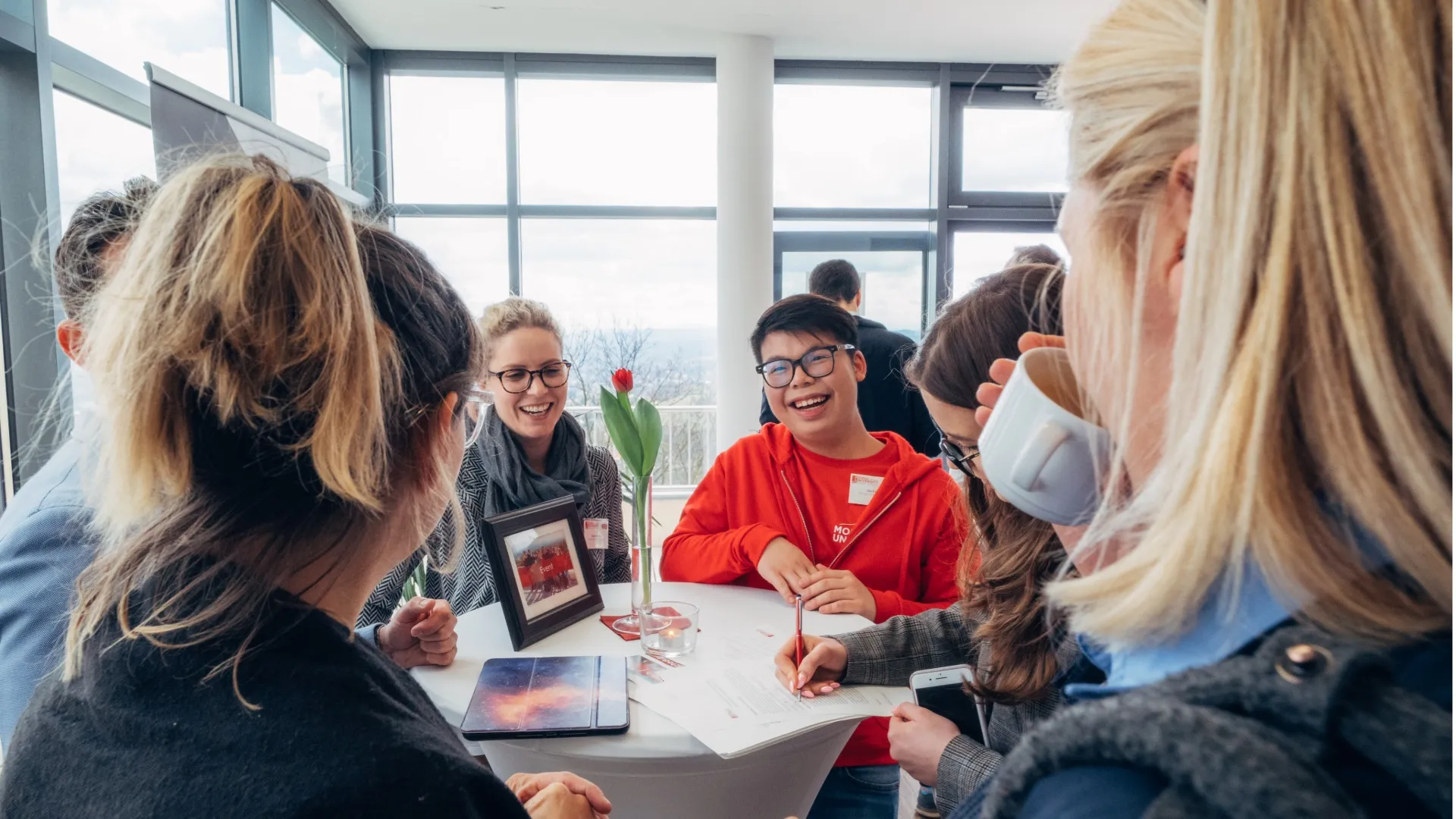Meet Professor Florian Hartleb: Extremism, Identity & the Search for Belonging
Prof. Dr. Florian Hartleb, Associate Professor for International Relations at Modul University Vienna, brings a uniquely human-centered and analytically rigorous approach to one of the most complex issues of our time: political extremism and the search for belonging.
His academic path began with a simple but profound question — why do people believe what they believe, and what drives some individuals to pursue those beliefs to dangerous extremes? This question sparked a career devoted to understanding radicalization, identity, and youth vulnerability in an increasingly polarized world.
Hartleb’s research sits at the crossroads of political sociology, youth studies, and security. He examines how insecurity, ideology, and the desire for recognition shape young people’s choices, sometimes diverting them toward civic participation, and in other cases, pushing them into extremist networks. At MU, he values the opportunity to conduct research that addresses real-world problems while bringing these insights directly into the classroom.
Teaching, for Hartleb, is an act of building intellectual courage. In his courses, students explore anonymized interviews, case studies, recruitment materials, online subcultures, and deradicalization programs to understand how radicalization actually unfolds. He emphasizes that studying extremism is not about excusing it — it’s about explaining it, revealing the human need for meaning and belonging that underpins even the most troubling ideologies. The classroom comes alive when students set aside stereotypes and begin to appreciate the true complexity of extremist movements.
In today’s digital landscape, extremism has become far more fluid, transnational, and networked than it was a decade ago. Online communities, identity-driven entertainment, and disinformation shape political engagement in new and unpredictable ways. Hartleb’s research tracks these trends and the rise of youth-led counter-movements, offering students a real-time understanding of political dynamics that shape their world. Each week, he brings current events into the classroom through what he calls a “political moment,” encouraging students to analyze ongoing developments through theories of power, ideology, and communication.
His advice to students interested in political violence is simple yet profound: remain grounded in empathy and evidence. These topics can be heavy, but understanding their emotional and social foundations is essential to preventing polarization and strengthening democratic resilience.
Outside academia, Hartleb brings the same strategic focus to table tennis — he was once ranked No. 237 in Estonia. The sport’s speed and precision offer a refreshing counterbalance to long days spent analyzing conflict and division.
Prof. Hartleb’s work — in both research and teaching — reflects a commitment to understanding the forces that shape political identity and extremism, and to preparing students to engage thoughtfully with some of the most challenging issues of our time.

About Professor Florian Hartleb
With a strong background in research, policy consulting, and strategic communication, professor Hartleb provides tailored solutions for individuals, businesses, and policymakers facing complex challenges.
His expertise spans political analysis, security policy, digital transformation, and media consulting, ensuring a seamless connection between academic insight and real-world application. Whether through in-depth research, strategic advisory, or professional writing, he helps translate knowledge into actionable solutions. He has given lectures and speeches in 153 countries.
Publications:
- Lone Wolves. The New Terrorism of Right-Wing Actors, Springer Nature, Cham/Schweiz u.a., 2020.
- With Hidenori Tsutsumi and Boyu Chen: Digital parties aspersonalistic-authoritarian business firm models. Is Japan following Europeantrends?, in: Oscar Barberà/GiuliaSandri/Patricia Correa/Juan Rodríguez-Teruel (eds.): Digital Parties. The Challenges of Online Organisation andParticipation, Springer Nature: Heidelberg et al. 2021, pp. 269-286.
- e-Estonia.Europe´s Silicon Valley or a new 1984?, in: Denise Feldner (ed.): RedesigningInstitutions: Consequences of and Concepts for the Digital Transformation,Springer Nature: Heidelberg et al. 2020, S. 215-228.
- Materalizations of Populism in Today´spolitics: Global Perspectives,in: Barbara Christophe/Heike Liebau/Christoph Kohl/Achim Saupe (eds.): The Politics of Authenticity and Populist Discourses. Mediaand Education in Brazil, India and Ukraine, Reihe: Palgrave Studies in Educational Media,London, Palgrave Macmillan 2021, pp. 31-52.
- With Christoph Schiebel: Promoting Peace to End Russia`s War againstUkraine. An unholy alliance between the Far-right and Far-left in Germany?, in:Holger Mölder/CameliaVoinea/Vladimir Sazonov(eds.): ProducingCultural Change in Political Communities.The Impact of Populism and Extremism on the International SecurityEnvironment, Book series: Contribution to political science, Springer:Heidelberg et al 2023, double-blind peer-reviewed, pp. 197-215.
- Antisemitism on the rise. New ideological dynamics (ed.): European Institut für Counter Terrorism and Conflict Prevention, Vienna 2024.
- Terrorism in the Age of New Technologies, in: TalTech Journal of European Studies, 15 (2025) 3, Tallinn University of Technology.

